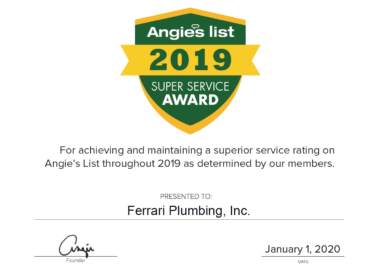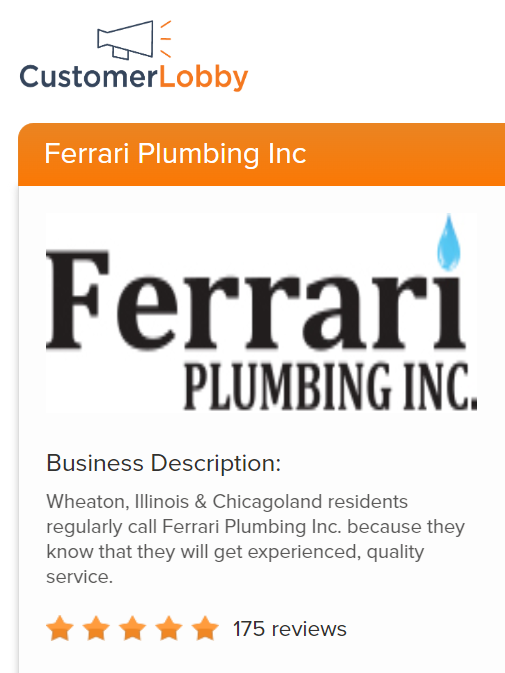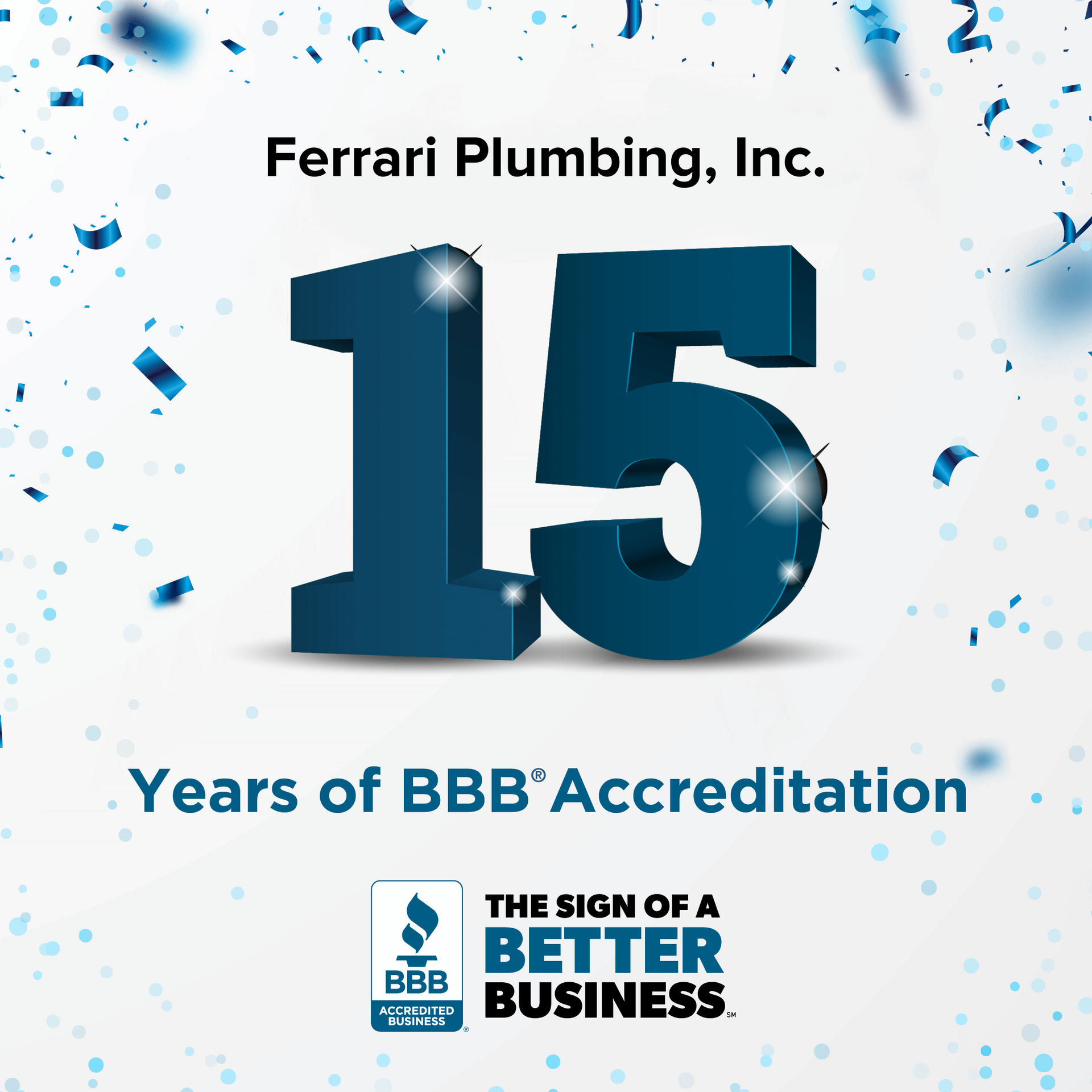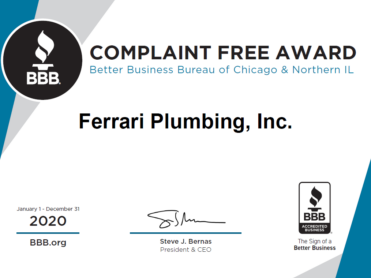Plumbing Basics: Mastering General Plumbing & Pipe Types
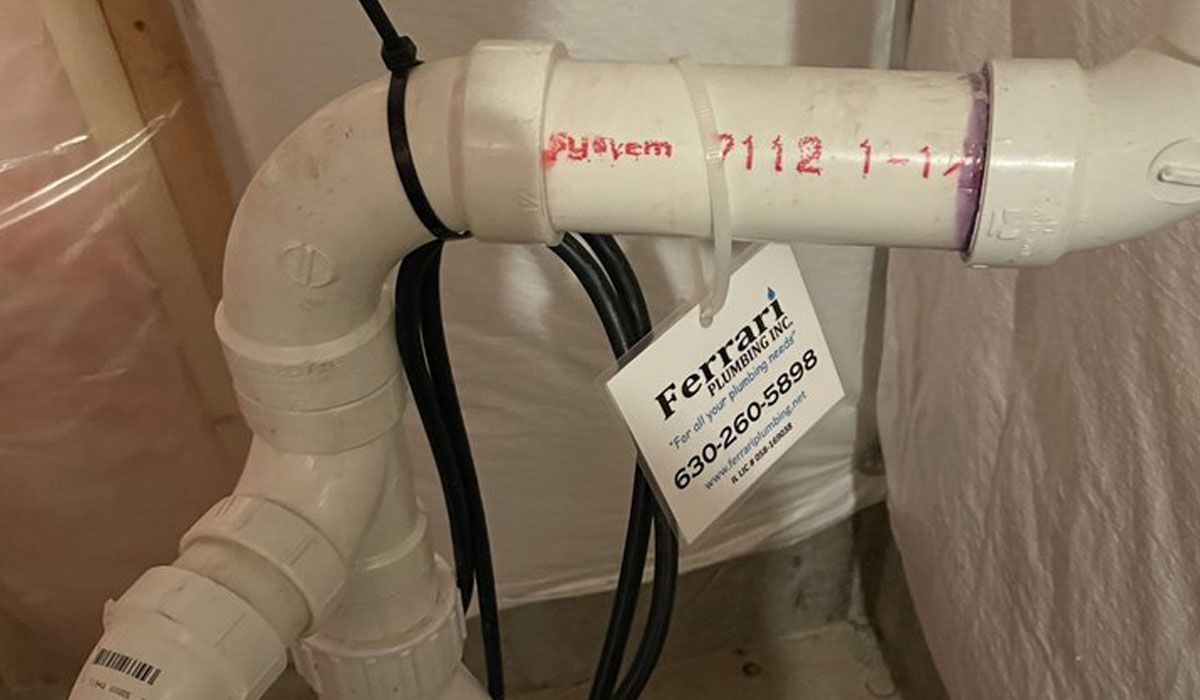
Plumbing Basics: Mastering General Plumbing & Pipe Types
Comprehensive Guide To General Plumbing And Pipe Types
Are you a DIY enthusiast looking to save water, money, and prevent potential damage caused by plumbing leaks? Learn the basics of general plumbing and become a DIY plumbing hero with Ferrari Plumbing Inc. Find expert tips, information on plumbing systems, types of pipes and drain pipes, and the basic general plumbing skills you need. call us today at (630) 260-5898 and experience our exceptional plumbing services . Contact us now to schedule a consultation and embark on your plumbing journey.
Understanding The Basics Of General Plumbing
Understanding the basics of plumbing is crucial for any homeowner. Plumbing systems consist of an intricate network of pipes, fittings, and fixtures that supply clean water and remove wastewater. By familiarizing yourself with general plumbing principles, you can better comprehend how your residential plumbing system functions and troubleshoot issues effectively.
To help you gain a better understanding of the basics of plumbing, here are some key points to consider:
1. Plumbing Systems
Plumbing systems supply clean water and remove wastewater from your home. They consist of a complex network of pipes, fittings, and fixtures that work together to ensure the proper functioning of your plumbing system.
Various types of pipes are used in plumbing, each with its own characteristics and applications. Here are the most common plumbing pipe types :
• Copper Pipes
Copper pipes are widely used in plumbing systems. They are known for their durability and resistance to corrosion, making them suitable for both hot and cold water supply. Copper pipes can withstand high temperatures and are often used in residential and commercial applications. They are also easy to work with, allowing for soldered or compressed fittings to create secure connections.
• PEX (Cross-linked Polyethylene) Pipes
PEX pipes have gained popularity in recent years due to their flexibility and ease of installation. These pipes can be bent and shaped to fit various plumbing layouts.
PEX pipes are commonly used in residential plumbing systems , especially for water supply lines. They are lightweight, resistant to freezing, and highly durable and chemical resistant.
• PVC (Polyvinyl Chloride) Pipes
PVC pipes are a cost-effective choice for plumbing applications, particularly drainage systems. These are lightweight, easy to handle, and chemical-resistant. They are commonly used for carrying wastewater away from sinks, showers, and toilets. PVC pipes are available in different sizes and are joined using solvent cement or threaded fittings.
Galvanized steel pipes have been widely used but are gradually being phased out due to corrosion issues. These pipes are made of steel coated with a layer of zinc, protecting against rust and corrosion.
However, the zinc coating can deteriorate over time, leading to potential leaks and blockages. Galvanized steel pipes are still present in some older plumbing systems but are being replaced by more modern and reliable materials.
• CPVC (Chlorinated Polyvinyl Chloride) Pipes
CPVC pipes are a variation of PVC pipes and are specifically designed for hot water supply systems. They are capable of withstanding higher temperatures compared to standard PVC pipes. CPVC pipes are commonly used in residential and commercial applications where hot water distribution is required, such as in bathrooms and kitchens.
• PE (Polyethylene) Pipes
PE pipes, such as irrigation systems and underground water supply lines, are widely used for outdoor applications. They are resistant to chemicals, UV rays, and underground elements.
PE pipes are flexible, making them easy to install and repair. They are available in different grades and sizes, offering versatility for various plumbing needs.
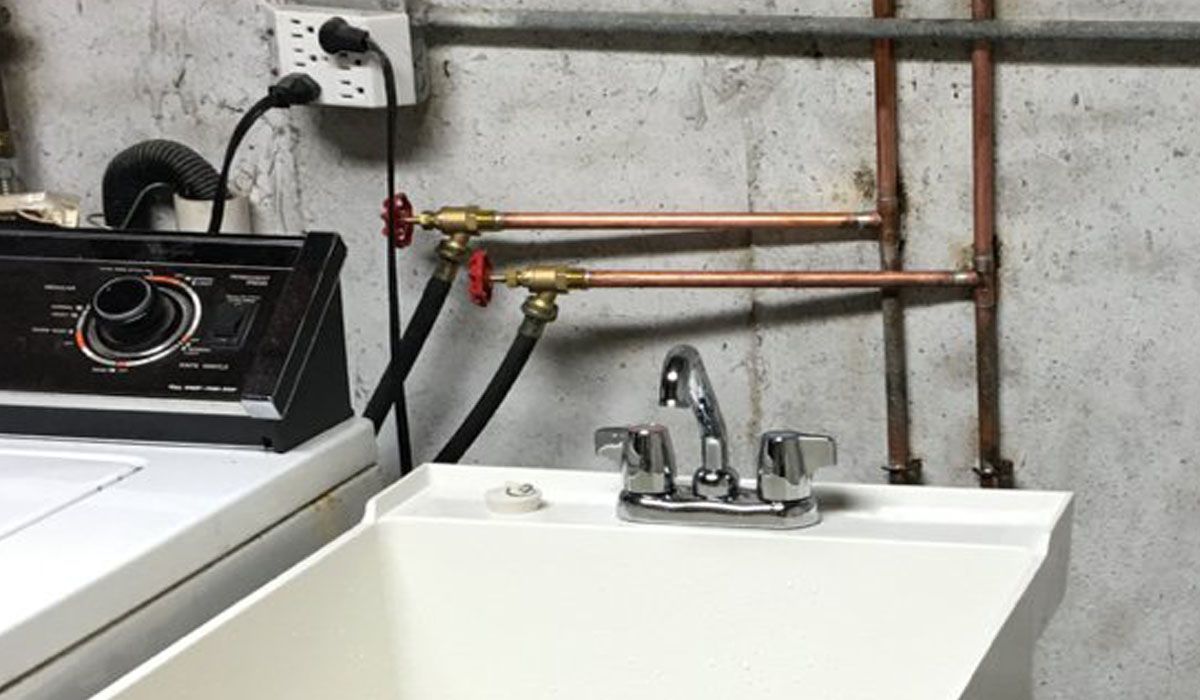
• ABS (Acrylonitrile Butadiene Styrene) Pipes
ABS pipes are commonly used for drain, waste, and vent systems. They are lightweight, durable, and resistant to chemicals. These are known for their ease of installation, as they can be cut and glued together using solvent cement. They are commonly used in residential and commercial buildings for carrying wastewater away from fixtures.
2. Water Supply
The water supply in your home typically comes from a municipal water source or a private well. It enters your house through a main water line and is distributed to various fixtures, such as faucets, showers, toilets, and appliances.
3. Drainage System
The drainage system is designed to remove wastewater from your home. It consists of drain pipes that carry used water from sinks, showers, toilets, and other fixtures to the sewer or septic system.
Drain pipes play a crucial role in removing wastewater from your plumbing system. Here are some different types of drain pipes used in plumbing:
• PVC (Polyvinyl Chloride) Pipes
PVC pipes are the most commonly used material for residential drain systems. They are highly popular due to their affordability, durability, and resistance to chemicals. PVC pipes are lightweight, making them easy to handle and install. They are also corrosion-resistant, ensuring a long lifespan for your drain system. PVC pipes are available in various sizes, allowing for versatility in different residential plumbing applications.
• Cast Iron Pipes
Cast iron pipes were commonly used in older homes and buildings. These pipes are known for their exceptional strength and durability.
Cast iron pipes are highly resistant to heavy loads and can withstand extreme temperatures. They also provide excellent sound insulation properties, minimizing noise from flowing water. Although less commonly used today, cast iron pipes are still present in some older plumbing systems.
• ABS (Acrylonitrile Butadiene Styrene) Pipes
ABS pipes are lightweight and commonly used for vent and waste systems. They are known for their ease of installation and cost-effectiveness.
ABS pipes are chemical-resistant, making them suitable for various plumbing applications. They offer strength and durability, providing a reliable option for residential drain systems.
• Copper Pipes
Copper pipes are often used for drain lines in certain plumbing applications. They are known for their corrosion resistance and long-term durability.
Copper pipes are commonly used in commercial buildings or in situations where there are specific requirements for non-plastic materials. While copper pipes can be more expensive than PVC or ABS, they offer excellent performance and can last for many years.
• Galvanized Steel Pipes
Galvanized steel pipes were commonly used in the past but are now less prevalent in drain systems due to their disadvantages. These pipes are made of steel coated with a layer of zinc, providing corrosion resistance.
However, the zinc coating can deteriorate over time, leading to rust and blockages in the drain system. Galvanized steel pipes are being phased out in favor of more modern materials.
• Flexible Plastic Pipes
Flexible plastic pipes, such as PEX (Cross-linked Polyethylene) or HDPE (High-Density Polyethylene), are gaining popularity in some residential drain systems. These pipes offer flexibility, making installing them easier in challenging or tight spaces. They are resistant to chemicals and can withstand high temperatures. Flexible plastic pipes are often used where traditional rigid pipes may be difficult to install.
Factors such as budget, durability, chemical resistance, and specific plumbing requirements should be considered when selecting the appropriate drain pipe material. It is recommended to consult with a professional plumber to determine the best drain pipe option for your specific needs.
4. Ventilation
Ventilation pipes are an essential part of the plumbing system. They allow air to flow through the drainage system, preventing the formation of vacuum or pressure that could impede wastewater flow. Vent pipes also help to eliminate sewer gas and odors from entering your home.
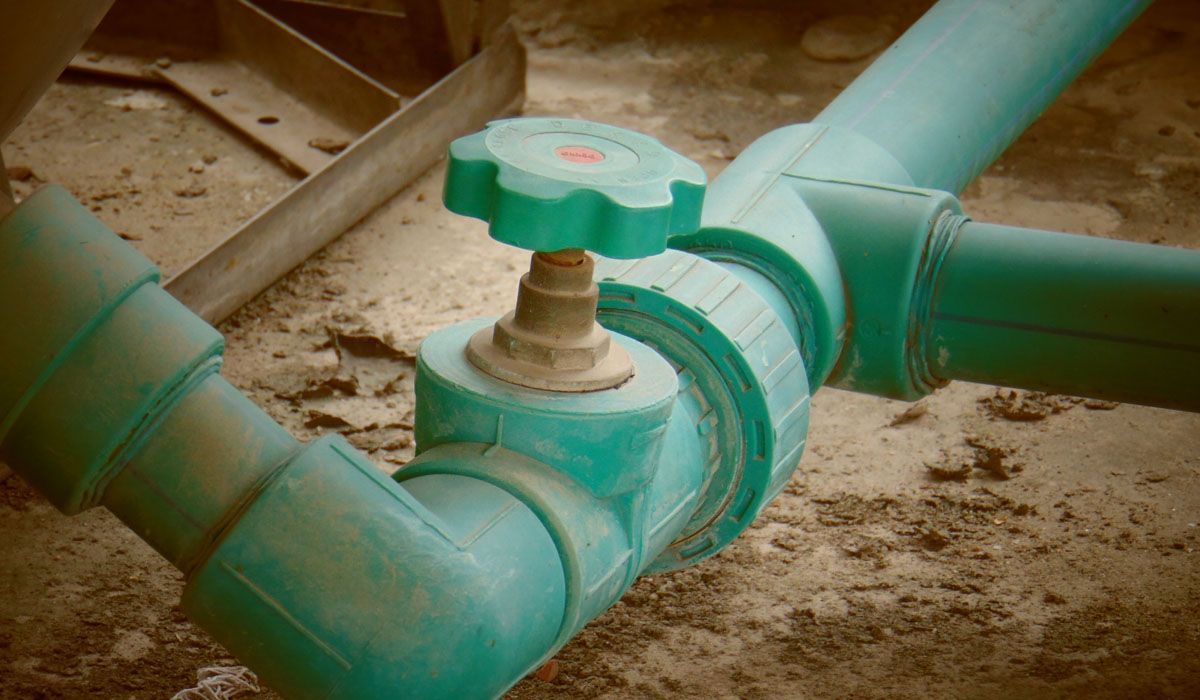
5. Water Pressure
Water pressure is the force at which water flows through your pipes. A water pressure regulator regulates it and should be maintained at an appropriate level to ensure proper operation of fixtures and appliances.
6. Plumbing Fixtures
Plumbing fixtures include faucets, sinks, toilets, showers, bathtubs, and appliances such as washing machines and dishwashers. These fixtures are connected to the plumbing system and play a crucial role in water supply and drainage.
7. Leak Detection
Regularly inspect your plumbing system for any signs of leaks, such as dampness, water stains, or mold growth. Promptly addressing leaks can prevent water damage and save you from costly repairs.
Basic Plumbing Skills: Essential Techniques For Every Homeowner
Having basic plumbing skills can be highly advantageous for homeowners. Here are some essential skills that every homeowner should consider acquiring:
• Shutting Off The Main Water Supply
Understanding how to shut off the main water supply is crucial in plumbing emergencies, such as burst pipes or major leaks. Locate the main water shut-off valve in your home, typically near the water meter or where the main water line enters your property. Familiarize yourself with the valve and learn how to turn it off to stop the water flow.
• Using Common Plumbing Tools
Being familiar with standard plumbing tools can empower you to handle minor repairs and maintenance tasks. Here are some tools you should know how to use:
- Wrenches
Adjustable wrenches and pipe wrenches are essential for tightening or loosening pipe connections, fittings, and other plumbing components.
- Pliers
Slip-joint pliers and tongue-and-groove pliers are versatile tools that can grip, hold, and turn various plumbing parts. They are useful for working with nuts, bolts, and small fittings.
- Plunger
A plunger is an invaluable tool for clearing clogged toilets and drains. Learn the proper technique of using a plunger to dislodge blockages effectively.
• Basic Repair Techniques
While major plumbing repairs are best left to professionals, knowing basic repair techniques can help you address common plumbing issues. Here are some examples:
- Fixing Leaky Faucets
Leaky faucets are a common annoyance that can waste water and increase your water bill. Learn how to identify the type of faucet you have and how to repair or replace faulty washers, O-rings, or cartridges.
- Clearing Clogged Drains
Clogged drains can be resolved using various methods, such as a plunger, drain snake or auger to remove blockages, or natural remedies like baking soda and vinegar.
- Replacing Toilet Flapper
A malfunctioning toilet flapper can cause continuous water running and waste significant water. Learn how to identify and replace a faulty flapper to restore proper flushing.
- Sealing Leaky Pipes
Suppose you encounter minor leaks in pipes or fittings. Applying pipe sealant tape or using pipe repair clamps can temporarily stop the leakage until a professional plumber can fix it permanently.
Remember, while these basic plumbing skills can be helpful for minor repairs and emergencies, it’s essential to recognize your limitations. Suppose you encounter complex plumbing issues or feel unsure about any repair. In that case, it’s best to contact a qualified plumber to ensure proper resolution and prevent further damage to your plumbing system.
Conclusion
You have gained the knowledge and confidence to tackle common plumbing issues as a DIY enthusiast by familiarizing yourself with basic plumbing knowledge . Remember to prioritize safety, know your limits, and understand when to call a professional plumber for complex tasks. At Ferrari Plumbing Inc. , we offer a wide range of expert plumbing services to assist you with any plumbing needs. Whether it’s a minor repair, routine maintenance, or a major installation, our experienced team is here to provide top-quality service. Experience quality general plumbing by calling (630) 260-5898 , and schedule your consultation now!
Ferrari Plumbing Inc. Offers The Following Services:
Other Articles We've Hand-Picked For You:
Frequently Asked Questions
Common causes of low water pressure include:
- Clogged pipes
- Water leaks
- Faulty pressure regulators
- Issues with the municipal water supply.
Identifying the underlying cause will help determine the appropriate solution.
The lifespan of plumbing materials varies. Copper pipes can last 50+ years, PEX pipes around 40 years, PVC pipes around 25 years, and galvanized steel pipes around 20 years. Regular maintenance and proper usage can extend their lifespan.
Check for signs of water damage, such as wet spots, mold growth, or unexplained water meter readings. You can also conduct a meter test by turning off all water sources and monitoring the meter for any changes, indicating a possible leak.
In many cases, it’s possible to replace a section of a damaged pipe without replacing the entire plumbing system. This can be done by cutting out the damaged section and connecting the new pipe using appropriate fittings. However, it’s best to consult a plumber to ensure proper repair and prevent further issues.
Yes, installing a water softener can help prevent limescale buildup in your plumbing system. Water softeners remove minerals that cause hardness in water, reducing scale formation in pipes, faucets, and appliances.
You might also like
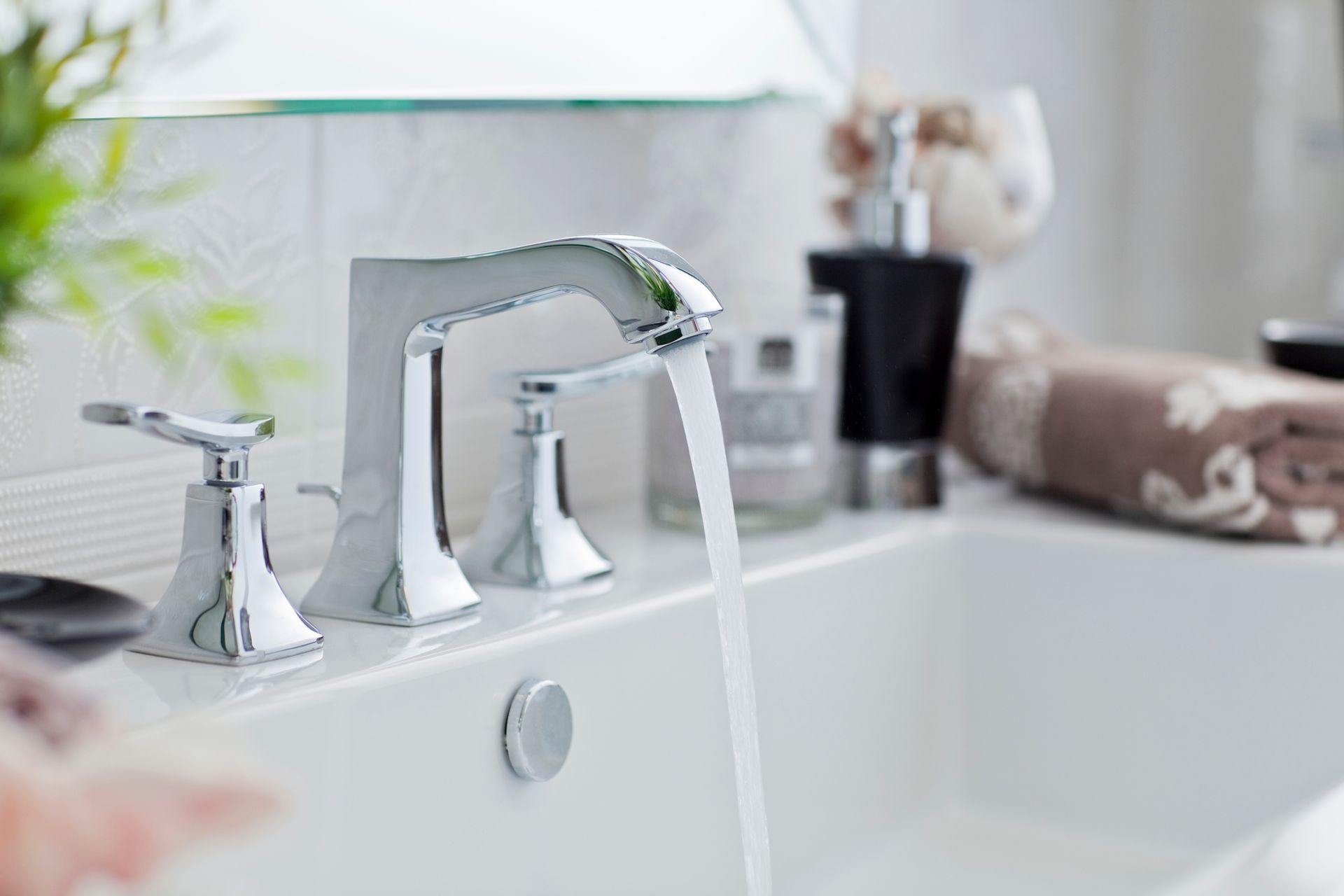
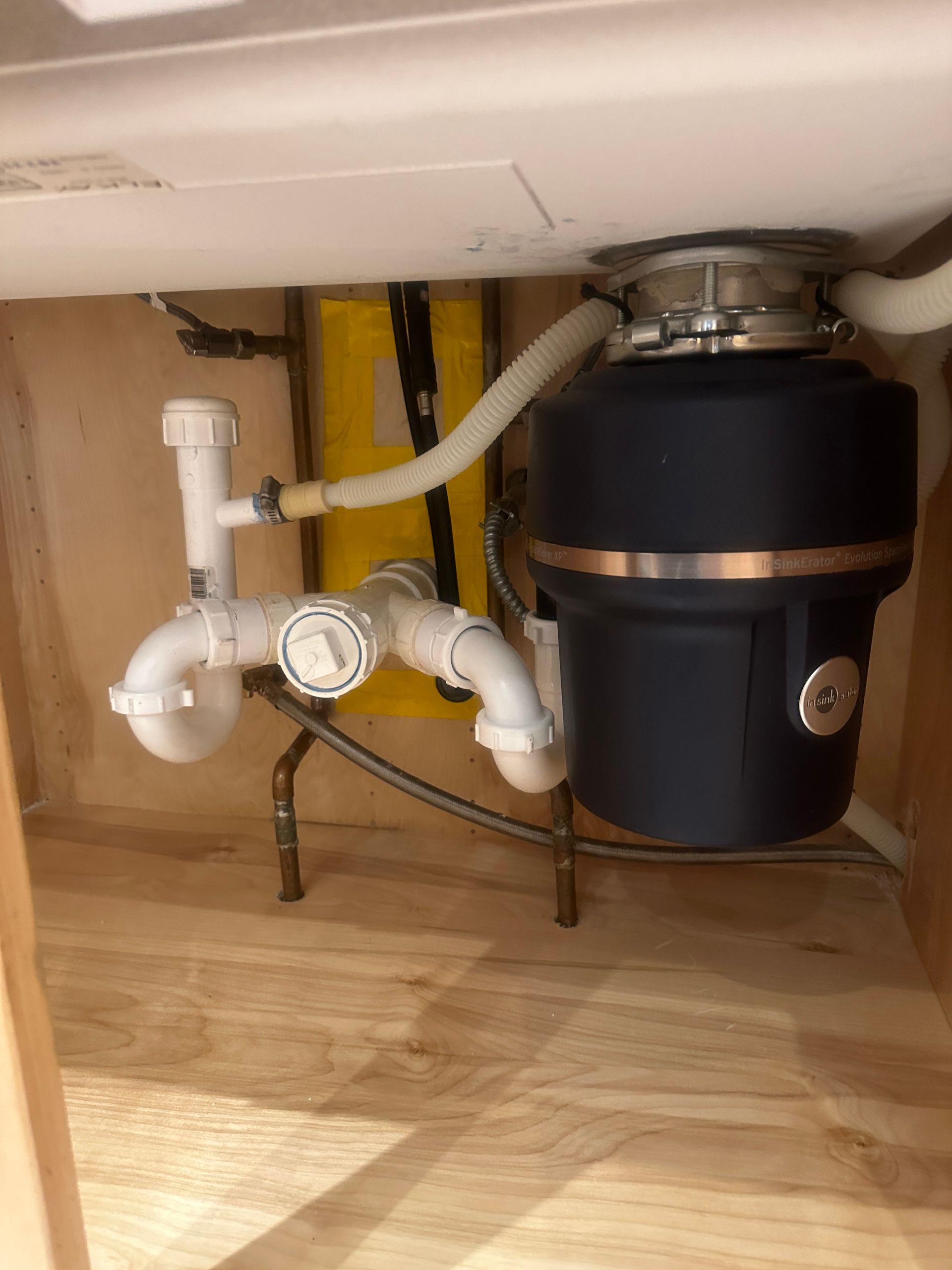
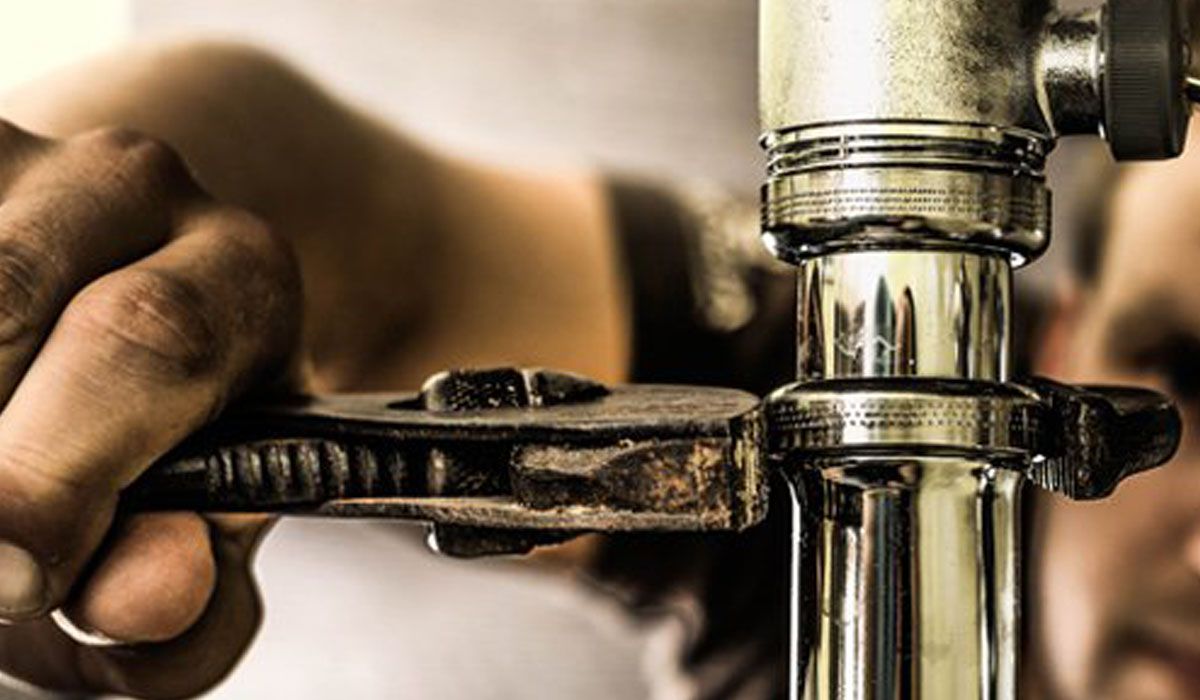
Book a Service Today
We will get back to you as soon as possible
Please try again later
